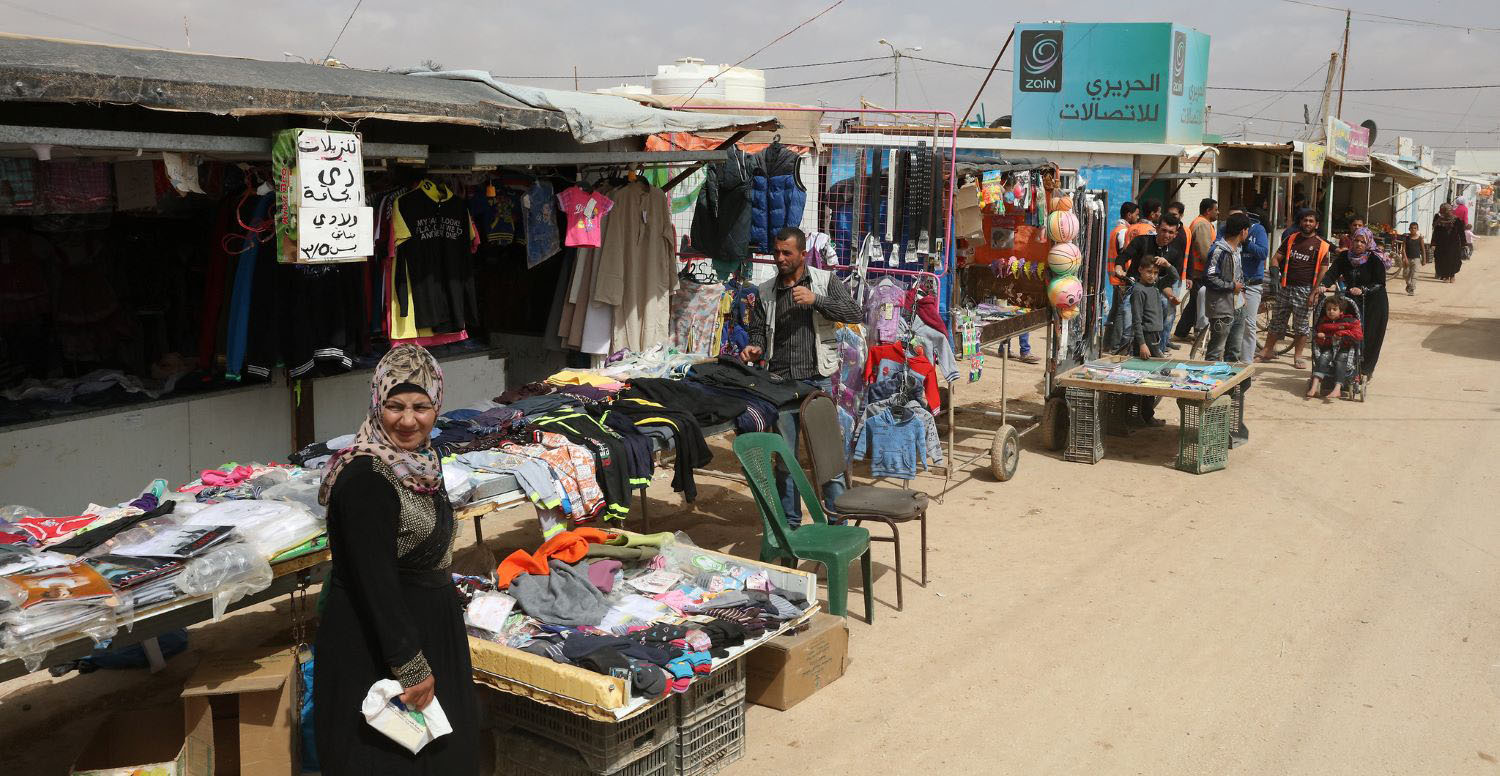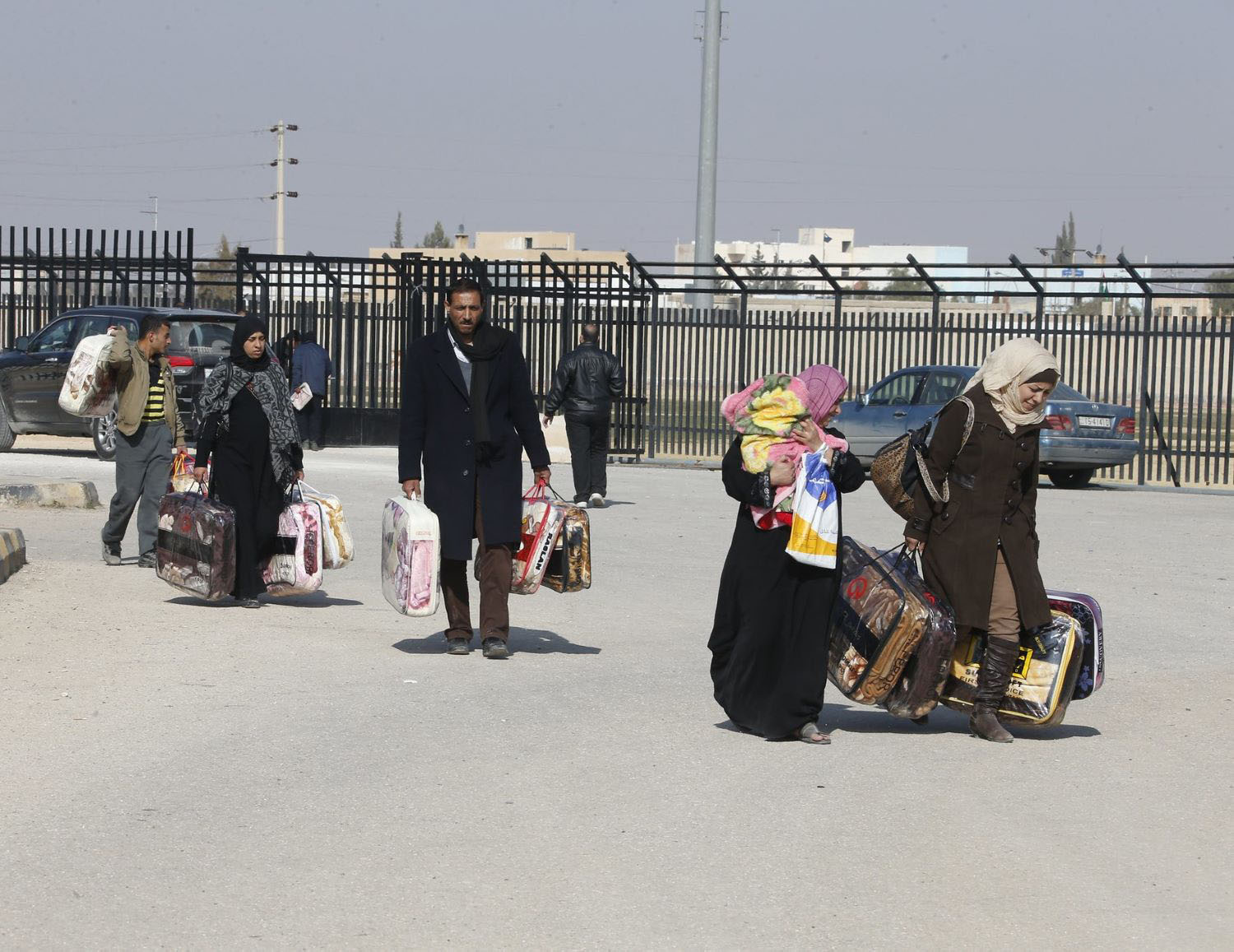As world leaders convene in Davos this week, the global migration crisis finds itself buried in the agenda. One of the most urgent issues of our time, it will remain one of the most urgent issues for generations to come if international leadership fail to tackle human mobility with pragmatic, fact-based policy tools. Yet few agree on how to make shape those tools, and even which tools are needed.
The majority of the world’s more than 244 million migrants move via regular pathways, such as work visas for high- and low-skilled labor, student visas, and more. But the portion of migrants who do move irregularly is no less important. Irregular migration may in fact be even more critical, particularly given demographic projections anticipating the addition of 800 million young, energetic workforce participants in sub-Saharan Africa alone by 2050.
This pressure, coupled with the aging populations and sometimes shrinking workforces in more advanced economies, essentially guarantees rising migration pressure. Migration is no longer a question of “if” but rather “how”—whether it will happen on terms that harness the potential of young migrants, or waste it.
There is a crack at the heart of international discussions for new legal channels of labor mobility. Many migrant destination countries perceive their self-interests to be best served by higher-skilled migration; many migrant origin countries are highly suspicious of higher-skilled migration, and see their self-interests best served by relatively lower-skilled migration, if any at all.
Innovation is imperative. Specifically, in new kinds of legal migration. My proposal? The Global Skill Partnership idea, or GSP. A GSP is a bilateral agreement in which the destination country gets directly involved in shaping the skills and training of potential migrants in the country of origin, prior to migration. This is a mechanism to sensibly share the costs and benefits of skilled migration. Destination country employers and governments provide technology and finance for vocational training of potential migrants, in exchange for migrants’ access and placement at the destination. This is paired with training of other workers who do not migrate and instead remain in the origin country.
This presents immense potential benefits across the board. A GSP can ensure destination countries receive migrants with the skills to integrate quickly and contribute maximally. It enables technology transfer to countries of origin, strengthening the workforce without significant cost or loss of all skilled workers. And it ensures migrants get legal, regular opportunities to change their lives and the lives of their children.
With this innovation must come a commitment to pilot, test out, and adapt from trial and error, not just GSPs, but the many other initiatives meriting consideration. Such a commitment should be made not only by states, individually and/or bilaterally and multilaterally, but also explicitly included in the Global Compact on Migration. The ongoing, United Nations-led Global Compacts process is a rare window of opportunity for the world’s leaders to negotiate commitments toward safe, orderly, and regular migration.
Davos can and should also be a platform to continue the important dialogue happening around the Global Compact process, and dialogues beyond those within UN-led efforts.
CGD blog posts reflect the views of the authors, drawing on prior research and experience in their areas of expertise.
CGD is a nonpartisan, independent organization and does not take institutional positions.





